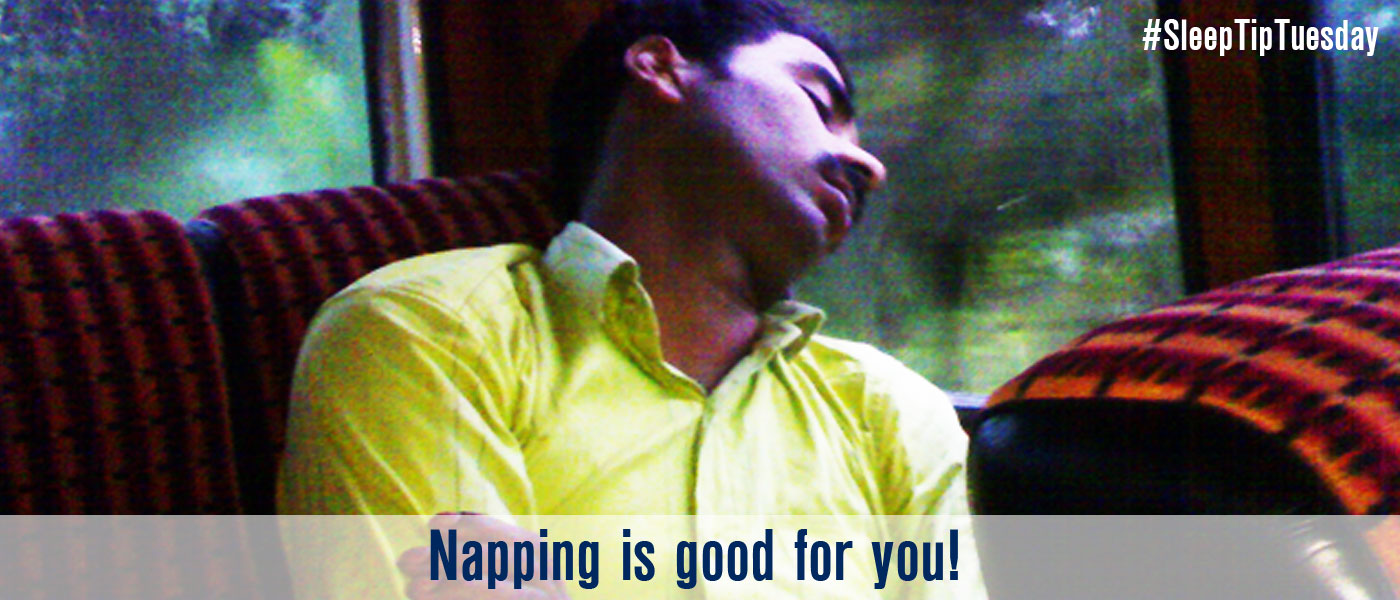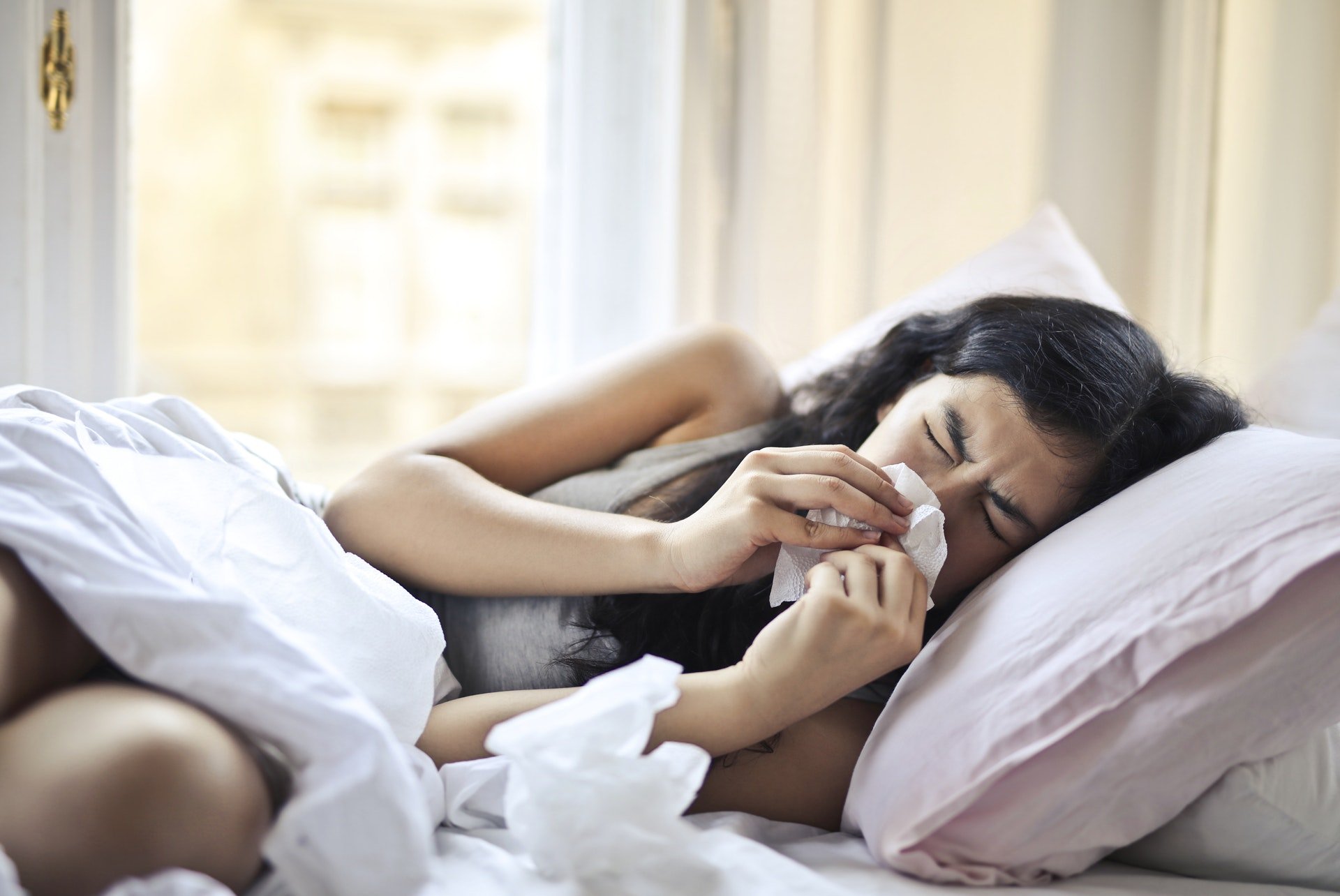
Napping Is Good For You! It's A Fact! It Aids Learning, Memory, And Awareness!
Napping is actually beneficial! It's a fact!
And all along we thought we were just being lazy wanting a post-lunch snooze. Studies show that daytime "powernaps" aid learning, memory and alertness, effectively performing a midday "reboot" of our systems.
Of course it's well known that in many countries a normal part of the day is to have a lunchtime siesta, but these tend to be hot countries where it's historically been sensible to avoid the heat of the day and recover from the exertion of working in the heat of the morning. But we were delighted to read studies which dictate that a 15-20 minute nap is something we should all be taking.
Experts recommend that a 15-20 minute power nap can revitalise and refresh your mind, while boosting your energy levels.
The key is that you don't enter the deep sleep phase, you're effectively sleeping lightly, meaning you can slot right back into your daily routine when you wake up. Daytime naps can even be a way of countering sleep deprivation, says Sara C. Mednick, PhD, sleep expert and author of Take a Nap! Change Your Life. "You can get incredible benefits from 15 to 20 minutes of napping," she says. "You reset the system and get a burst of alertness and increased motor performance. That's what most people really need to stave off sleepiness and get an energy boost."
Apparently Google and Apple are both companies which take a very positive view of employees taking naps. Of course, it doesn't take a genius to realise that this is because they know their employees will be able to work the hours back very effectively and put in longer days, and boost productivity as a result.
Be wary of taking longer than 20 minutes, though, as tempting as it may seem to lay there just a little longer. Sleeping between 30 minutes and 1 hour can leave you feeling groggy and out of sorts, because you'll be waking up just as your body thinks it's entering the deep sleep phase.
60 minute naps, however, will be good for boosting your memory powers. Although, according to findings published in the American Journal of Epidemiology adults who dose in the afternoon for more than an hour are putting themselves significantly more at risk of premature death than those who don't. (Sorry to bring the mood down a bit here by the way). Respiratory diseases such as bronchitis, emphysema and pneumonia are more likely to develop in adults who take more than an hour's sleep during the daytime.
Those lucky enough to be able to afford a 90 minute nap in their day will find it really helpful if they struggle to sleep at night, as the body will be allowed to go through its complete sleep cycle. Creativity will be boosted and emotional memory will be improved.
(We floated the idea of having a 90 minute nap here at Dormeo HQ... It wasn't looked upon all that favourably the management.) The other caveat to this length of nap is the possibility that it could affect your night-time sleep, which is obviously something you really want to avoid. Make sure you create a good balance. And always try to sleep on a good mattress!
So the general consensus is...- Short nap 15-20 minutes = GOOD
- Medium nap 30-60 minutes = BAD
- Naps over 1 hour = You might feel better and function but there are studies which do appear to show negative health benefits
10 comments
[…] well as making sure your mattress is up to the task of rejuvenating you properly. And that sneaky 40 winks after lunch? That’s no bad thing! And you’ve probably earned […]
[…] If you regularly have difficulty staying awake during the day, why not try to factor in a short daytime powernap? […]
[…] be obtained preferably by going to bed an hour earlier, but it can also be achieved by having an afternoon nap, if […]
RT @DormeoUK: @4yourgoodhealth True! The 20min #PowerNap is good for you. Fact! - http://t.co/DXqxz6SEGN
RT @DormeoUK: @4yourgoodhealth True! The 20min #PowerNap is good for you. Fact! - http://t.co/DXqxz6SEGN
@4yourgoodhealth True! The 20min #PowerNap is good for you. Fact! - http://t.co/DXqxz6SEGN
.@lovedbyparents BTW - it you're still tired later on, here is scientific justification for a 15-20min #powernap… http://t.co/DXqxz6SEGN
@lilylee62 We need to make the #powernap an everyday fact of life! Can we start a movement!? http://t.co/DXqxz6SEGN
@jjmars771 Aye to the #powernap, and here's why! http://t.co/FGka5AHmPK








[…] well as making sure your mattress is up to the task of rejuvenating you properly. And that sneaky 40 winks after lunch? That’s no bad thing! And you’ve probably earned […]